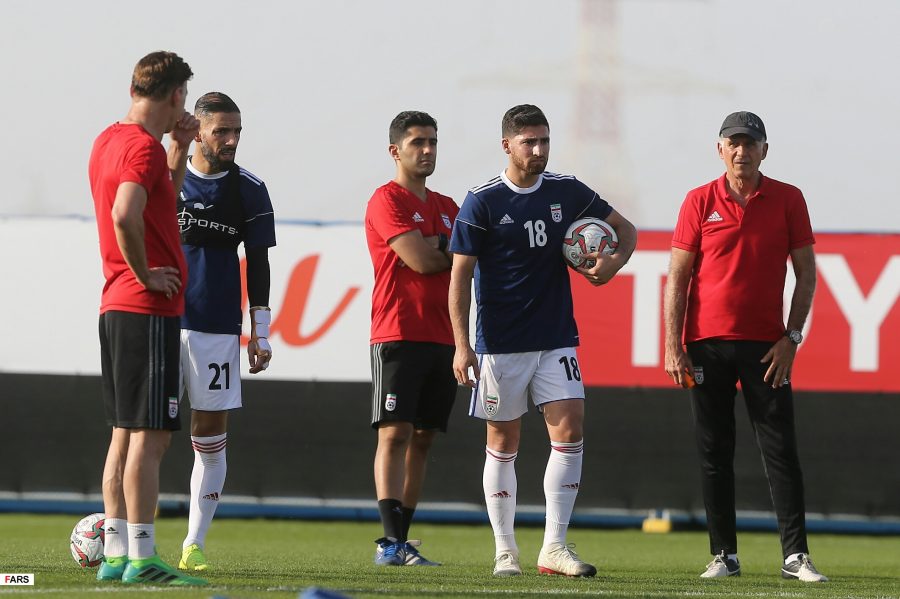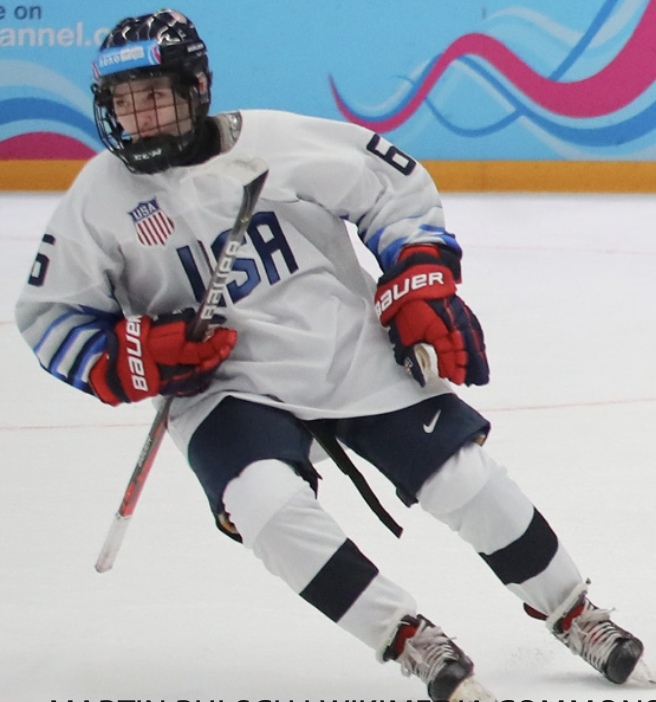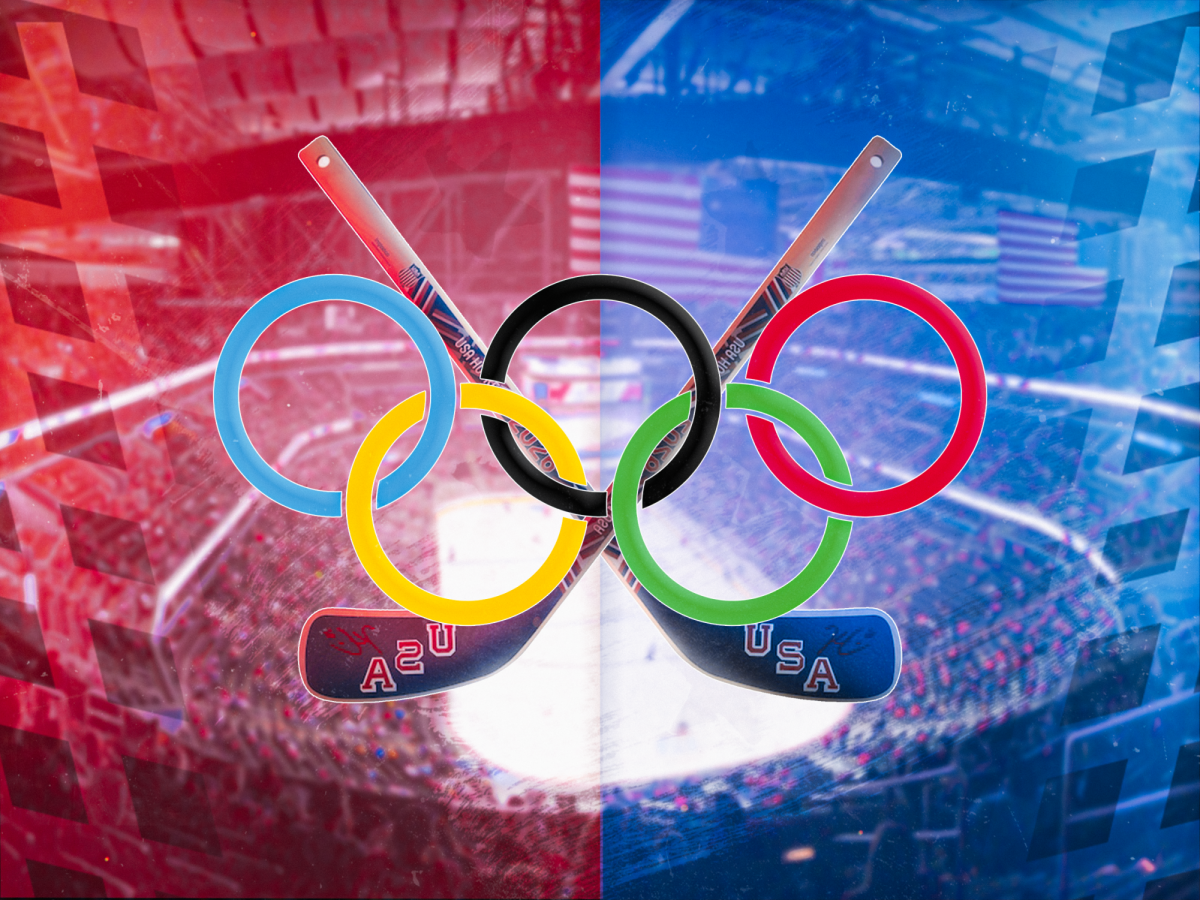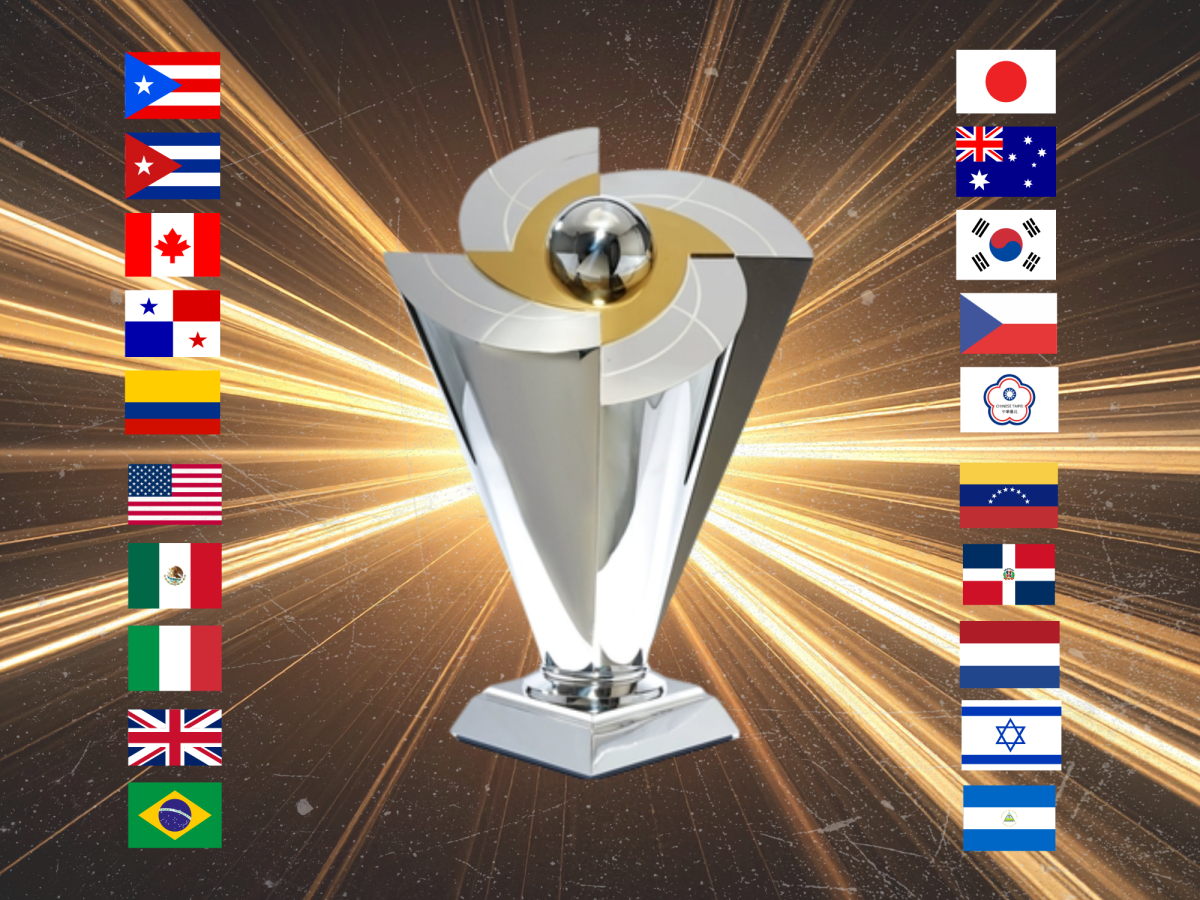As the match against Iran went on and when China was already resoundingly beaten well before the final whistle, Marcello Lippi, the Italian manager of China, decided to retreat to the dugout instead of standing in the technical area as he did for more than half of the game.
He knew then, after making three substitutions, there was no way his team would overcome a two-goal deficit. It did not Karim Ansarifard of Iran eventually killed off the game that had long been dead.
With a typically resolute defense and explosiveness of its attack, Iran was helped by the constant lapse of concentration and amateur mistakes made by the Chinese defense, capping Lippi’s mixed tenure as the China national team coach.
The defeat was hardly surprising. While Iran had qualified for the FIFA World Cup undefeated, China was second-to-last in the group and only reversed the course after hiring Lippi.
The performance by Iran in the previous games was probably the most convincing amongst the so-called elites in Asian soccer, scoring nine and conceding none prior to the quarterfinal.
China, helped by a lenient draw, advanced to the knockout stage, but the only impressive game was the one against Philippines with two instinctive goals from Wu Lei, who had been criticized for his lack of production with the national team.
The first goal came at a clearance from the edge of Iran box. Feng Xiaoting, the 33-year-old defender, took too many steps to approach the fast-moving ball and gave a chance for the blistering Sardar Azmoun to snatch it away before Xiaotong could clear it. Azmoun then broke away from Xiaoting and cleared the way for himself to pass to the arriving Mehdi Taremi, who was too fast for the Chinese defense and tapped in for the opener.
Taremi then floundered a chance to tap in coming from a pass across the goal by Mohammad Kanani, who received the ball from a whipping cross by Ashkan Dejagah.
But that didn’t matter because China did not learn from the first mistake as they failed to deal with a long-range pass from the back of the Iran defense. Azmoun, again, outpaced another Chinese defender, Liu Yiming, dribbled around the goalkeeper, Yan Junling, before scoring the second goal.
His players did it again for the third time on the night by the way of Shi Ke miscontrolling another clearance from Iran, giving way for Taremi to release Ansarifard to punish China one last time.
“I want to thank all my players. Until now, they sacrificed a lot,” Lippi said. “But I’m a little bit angry about tonight.”
For an Italian gentleman like Lippi, this was a seething indictment of his players. What made the incompetence at Mohammed bin Zayed Stadium more incomprehensible was that China had played Iran twice during the previous World Cup qualification cycle.
After all, a spot in Asian top-eight seemed to be appropriate for China. The bigger problem, though, is that where the national team would go, given that it was the oldest team in the tournament and getting caught up by countries like Thailand and Vietnam that have invested effectively in youth development, unlike China.
Looking at the poor performance in youth competitions, He Wei, the lead commentator for China Central Television, expressed the sorrows that things might get worse in the future for Chinese football.








